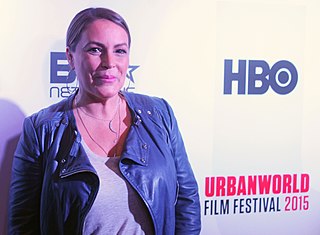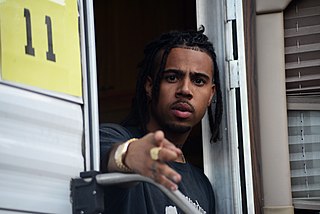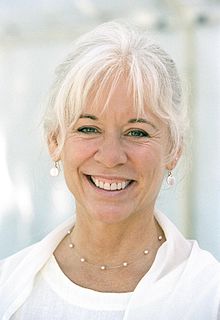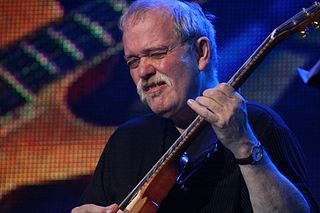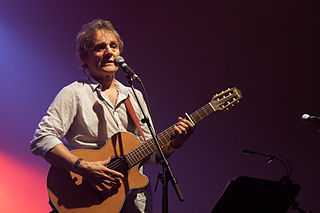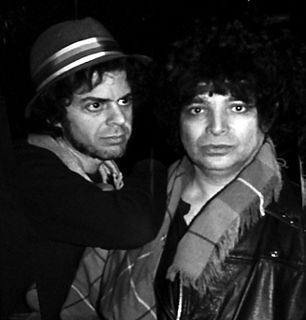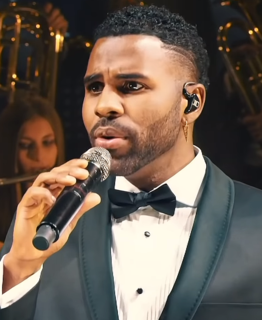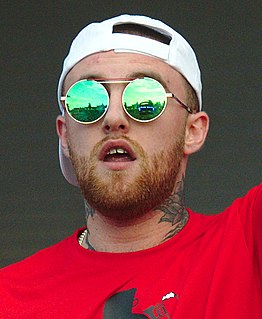A Quote by Angie Martinez
Imagine the first time you are about to rap in a studio and you find yourself in a booth with Redman and KRS!
Related Quotes
If I were to critique myself - step out of KRS objectively and look at him - I would say that KRS has introduced the concept of being hip-hop, not just doing it. The concept of rap as something we do, while hip-hop is something we live. The concept of living a culture. Don't just look at hip-hop as rap music, see it as a culture.
I was probably 15 when I started going to the studio with the older cats in my neighborhood. They heard me rap outside one time; I was just freestyling. And they invited me to the studio. It's good when you're accepted, no matter what crowd. That's the first step of believing you can do whatever you feel like putting your mind to.
The hip-hop that I really connected with was Public Enemy, KRS-One, Ice Cube, and N.W.A. That late '80s and early '90s era. The beginning of gangster rap and the beginning of politically conscious rap. I had a very immature, adolescent feeling of, "Wow, I can really connect with these people through the stories they're telling in this music."
